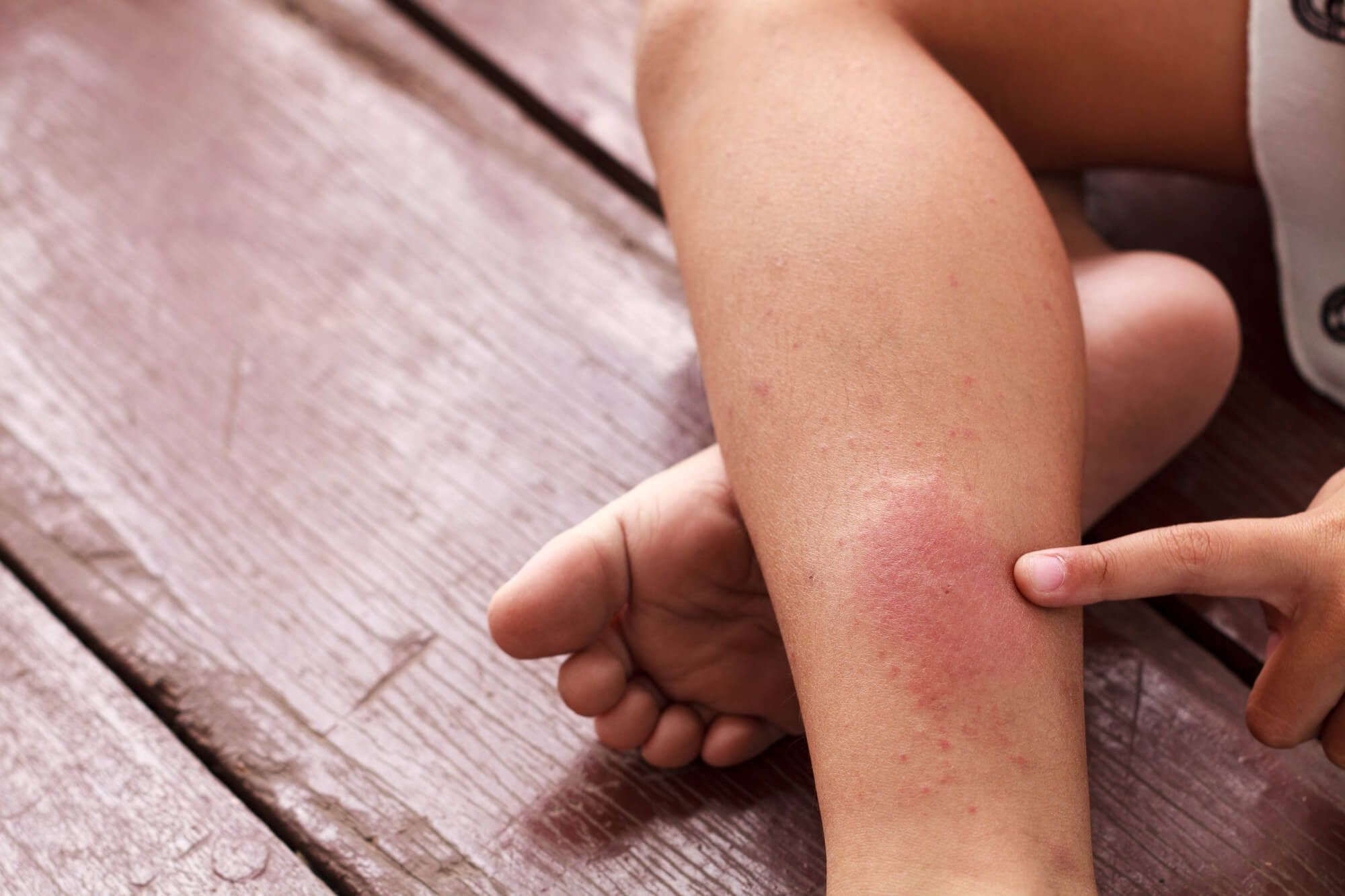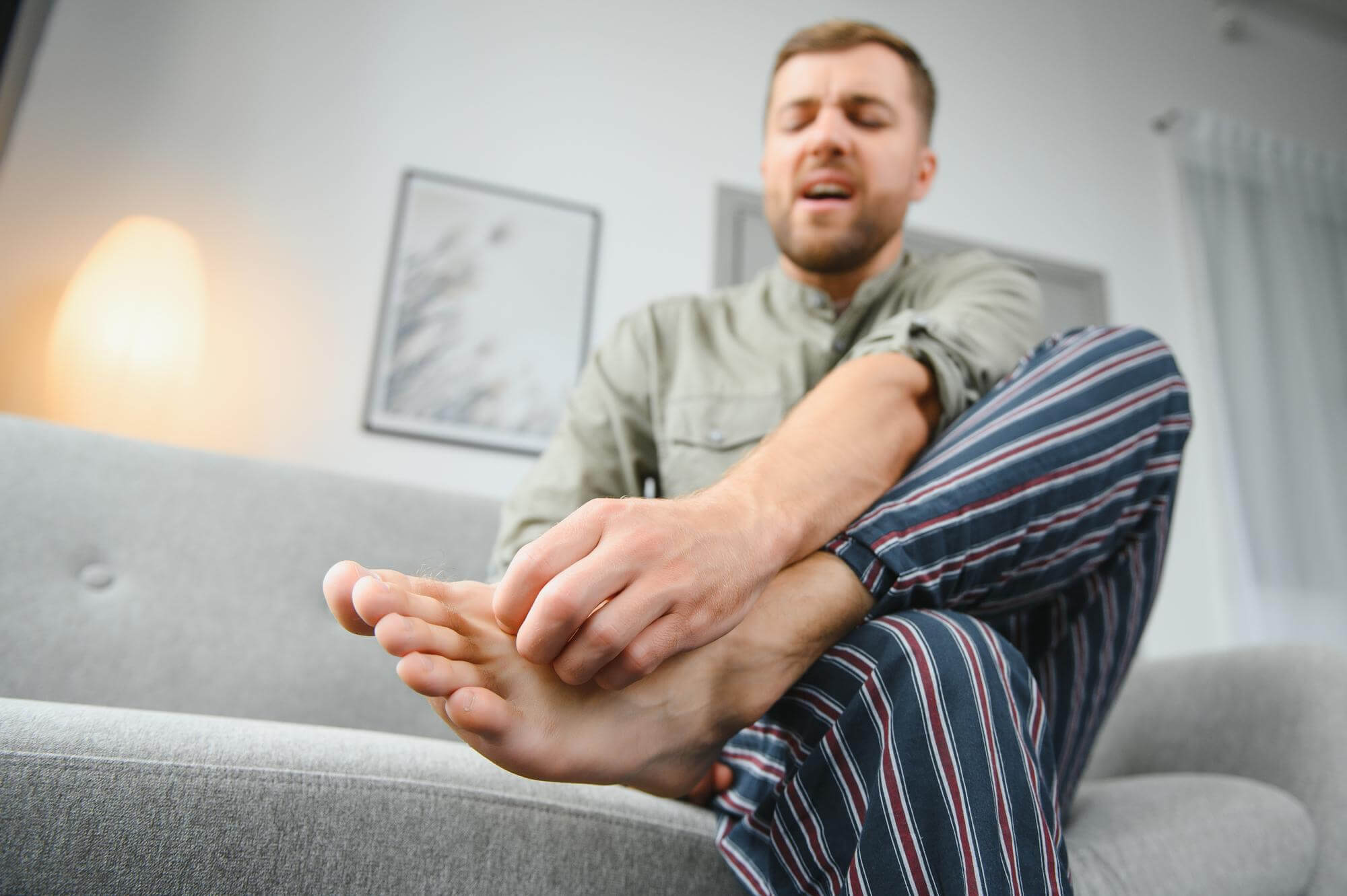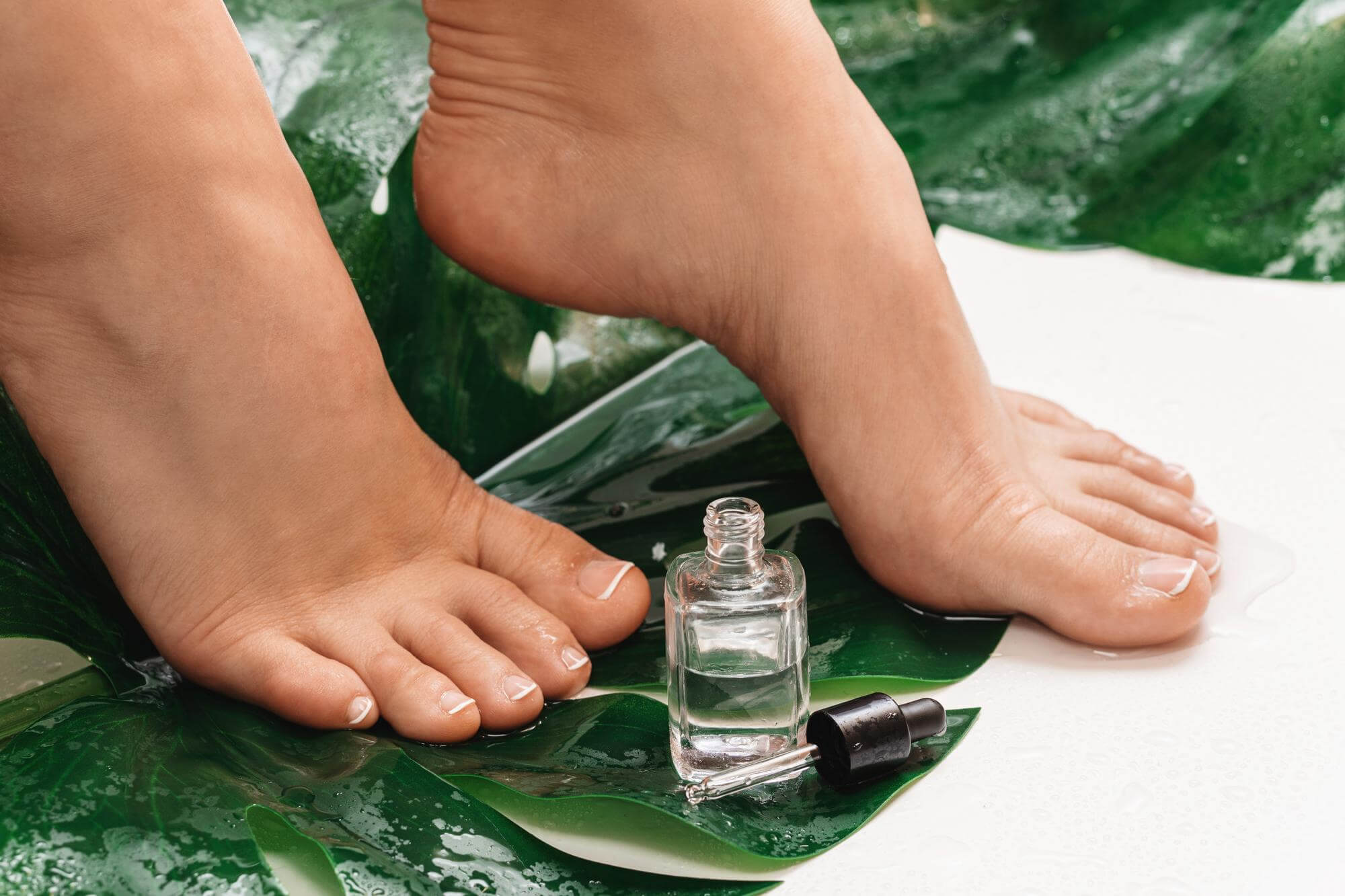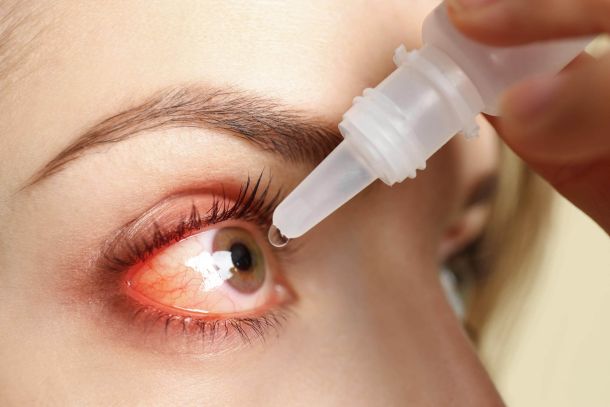Foot allergies: how to identify and treat in children and adults


Viktor Levchenko
Foot allergies are a common problem that can cause great discomfort. In this article, an experienced allergist will talk about the causes of allergic rashes on the feet, symptoms, diagnosis and treatment, as well as prevention measures.
Causes of allergies on the feet
- Contact dermatitis is caused by direct contact of the skin of the feet with an irritant or allergen. Foot allergies can be caused by a reaction to household chemicals such as laundry detergents, floor cleaners, or soaps. Some people have an allergic reaction to shoe materials or textiles used in socks and underwear.
- Atopic dermatitis is a chronic inflammatory skin condition that can manifest as an allergic rash on the feet.
- Urticaria is a skin condition that causes rashes and swelling on the skin, including the extremities.
- Food allergies can cause an allergic reaction on the skin of the feet, especially the feet and heels.
- Some medications can cause an allergic reaction on the skin, including the feet.
Symptoms of allergies on the feet

- Itching is one of the main symptoms of allergies on the feet, which can become permanent and cause great discomfort.
- Reddening of the skin on the feet is a prominent manifestation of allergies and can be seen on the feet, heels and toes.
- Swelling can accompany an allergic reaction on the feet, especially on the feet and toes.
- An allergic rash on the feet may appear as rashes, pimples, blisters, or red spots.
In severe allergic reactions, blisters, sores, and crusts may form on the skin of the feet.
Diagnosis of foot allergies
An allergist examines the skin on the feet to determine the nature of the rash and identify possible causes of the allergy.
- Blood tests can help determine immunoglobulin E (IgE) levels and identify the allergens that cause allergies on the feet.
- Allergy tests help identify the specific allergen that is causing the allergic reaction on the feet.
- Differential diagnosis is done to rule out other skin conditions that have similar symptoms to foot allergies.
Treatment of foot allergies

One of the main methods of treating foot allergy is to exclude contact with the allergen.
Drug therapy
Antihistamines such as Cetirizine, Loratadine or Fexofenadine help reduce itching, redness and swelling on the skin of the feet.
Topical medicines, such as creams and ointments with calamine or menthol, help relieve itching and skin irritation on the feet.
In cases of severe skin inflammation, the doctor may prescribe hormonal remedies, such as hydrocortisone ointment.
Traditional treatments
Traditional treatments for foot allergy include the use of herbal decoctions, compresses and baths with sea salt, chamomile or sage.
Tips for foot care

For skin care in foot allergy, observe good hygiene, use hypoallergenic washing products and soft towels and wear natural undergarments and shoes made of breathable materials.
Preventing foot allergies
To prevent foot allergies you should avoid contact with allergens, follow the rules of personal hygiene, maintain immunity, consult a doctor at the first symptoms and have regular check-ups with an allergologist.
Allergies on the feet can be very uncomfortable, but timely visit the doctor, identifying the cause of the allergic reaction and the correct treatment can help to cope with the problem. Follow your doctor's advice and take care of your skin to avoid repeated allergic reactions on your feet and keep your lower extremity skin healthy.
New materials
Popular Articles
We recommend reading
Contact us in the Contact Us section to ask questions, offer ideas, or for more information about our allergy resource.
Our articles are your trusted source of allergy knowledge. Learn how to make life with allergic reactions easier on our specialized portal.
©
Lechenie-Allergii.com. All rights reserved.
© Lechenie-Allergii.com. All rights reserved.
The information on this site is for informational purposes only and is not a substitute for professional medical advice. We recommend consulting with qualified medical professionals for accurate information and advice.
 English
English  Українська
Українська  Русский
Русский 









